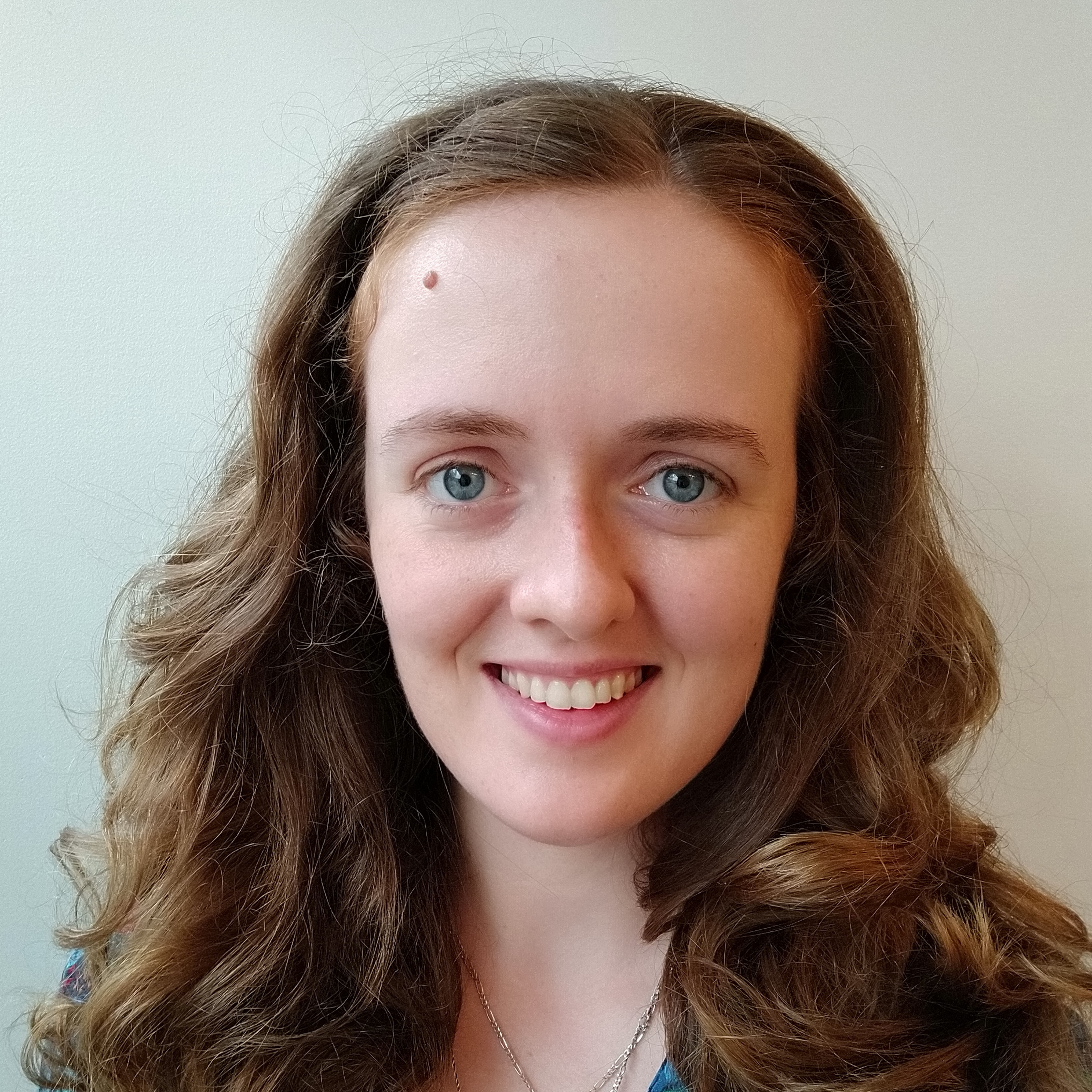


Cancers evolve during disease progression and under the selective pressure of therapy. Our ability to continually monitor cancer is critical to guide optimal therapeutic choices. Many cancers shed small amounts of DNA (called circulating tumour DNA or ctDNA) into the patient's bloodstream. It is now possible to accurately characterise the features of ctDNA, providing a comprehensive snapshot of the genomic landscape of the underlying tumour from a simple blood test. The measurement of ctDNA levels, and our ability to monitor how these levels change over time, can be used as a marker of disease progression or response to therapy. Our laboratory is focused on developing ctDNA as a minimally invasive ‘liquid biopsy’ alternative to tissue biopsies for use in cancer diagnostics and management.
Whilst circulating biomarkers hold great promise in cancer management, substantial effort is still required to understand their clinical application in various contexts. Our research program employs ctDNA based approaches to define tumour response kinetics and the mutational landscape at multiple time-points during a patient’s treatment, thus providing a powerful tool to define, understand and eventually overcome the molecular events that underpin resistance to current and emerging therapies. Moreover, our program focuses on establishing the clinical utility of ctDNA testing through appropriately designed translational research studies and prospective clinical trials, to facilitate the routine implementation of these approaches into clinical practice.
PEOPLE
Sarah Ftouni – Lab ManagerStephen Wong – Senior research officer, Postdoctoral fellowDineika Chandrananda – Bioinformatician, Postdoctoral fellowPaul Yeh – Haematologist, Postdoctoral fellowLaura MacPherson – Postdoctoral fellowChen-Fang Weng – Research AssistantYi-An (Annie) Ko – Research AssistantJerick Guinto – Research AssistantSushma Chandrashekar – Research AssistantHarrison Wood – Research AssistantMiriam Yeung – Bioinformatician, Research AssistantCassandra Litchfield – Bioinformatician, Research AssistantLavinia Tan –Medical Oncologist, PhD studentLouisa Lo – Medical Oncologist, PhD studentSebastian Hollizeck – Bioinformatician, PhD studentRishu Agarwal – Haematologist, Honorary postdoctoral fellow
Clare Gould – Haematologist, Postdoctoral Fellow (to start 2021)Peter Diamukis – Bioinformatician, Research technician (to start October / November 2020)






















